1. Freedom of Speech
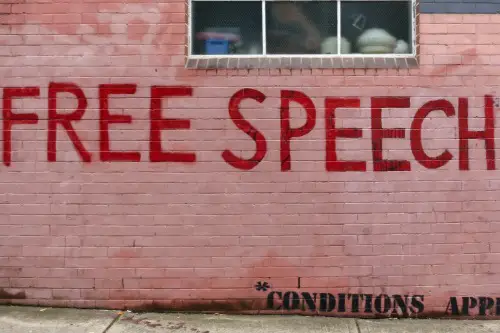
In some parts of the country, “freedom of speech” means the right to express political opinions loudly—think protest signs in front yards in Portland or bumper stickers in Berkeley. In others, it’s more about the right to say what you want at the dinner table without someone challenging your views, especially in rural or conservative communities. That doesn’t mean people agree with each other—it just means they expect to be able to speak freely without social consequences. How that plays out in practice can be wildly different depending on where you are.
In liberal cities, there’s often more emphasis on protecting marginalized voices and avoiding language that could be seen as harmful or discriminatory. In contrast, many conservative areas see political correctness as a threat to free expression and view censorship as creeping into everyday life. Both sides are technically exercising free speech, but they often accuse the other of stifling it. That tension plays out online, in schools, and even in local laws around book bans or protest ordinances.
2. Patriotism
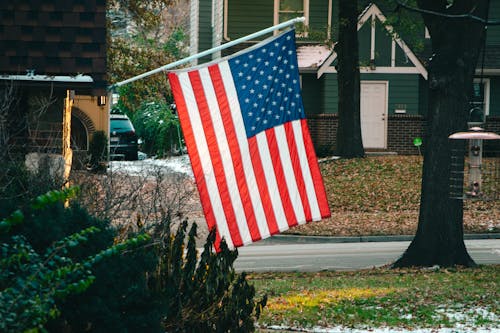
Ask someone in a small Texas town what patriotism looks like, and they might point to a massive American flag in their front yard or military service in their family. In contrast, someone in a Boston suburb might say it’s about holding the government accountable, protesting injustice, or voting every election. They’re both acts of patriotism—just filtered through different worldviews. Geography influences whether love of country means defending its traditions or challenging its flaws.
In states like West Virginia or Mississippi, patriotism is often deeply tied to religion, veteran status, or supporting local law enforcement. On the coasts, it might be more connected to civil liberties, human rights, and democratic ideals. These regional differences can create friction during national debates, especially around holidays like Independence Day. But ultimately, both perspectives stem from a deep investment in what America represents.
3. Hard Work
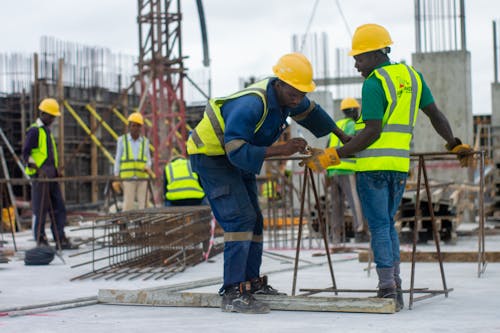
In farming towns across the Midwest, “hard work” often conjures images of manual labor—getting up at dawn, hauling equipment, and staying in the field until the sun goes down. Blue-collar work still gets top respect in many of these regions. But in Silicon Valley, hard work looks like 14-hour days coding at a standing desk and never really logging off. It’s about hustle culture and optimizing your productivity.
Different zip codes equate hard work with different kinds of sacrifice. In the Rust Belt, it’s often tied to physical toll and family tradition. In major urban centers, it’s about grinding through competitive jobs and side gigs. Both groups can look at each other and think, “You don’t know what real work is.”
4. Family Values
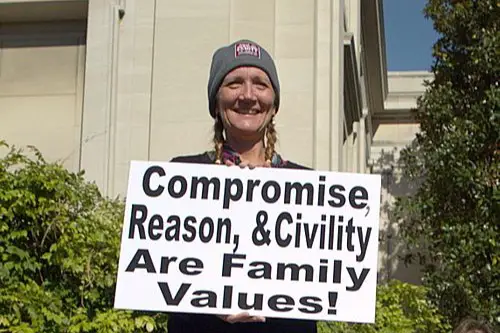
In Utah or Alabama, “family values” is often shorthand for traditional structures: church on Sunday, two-parent households, and a clear sense of gender roles. That idea can even influence public policy around marriage and education. But in places like San Francisco or New York, family values might mean supporting chosen families, LGBTQ+ parenting, and a more flexible definition of what family looks like. The value is the same—commitment to loved ones—but the interpretation is very different.
Some communities put a heavy emphasis on multigenerational living and respect for elders, especially in regions with strong immigrant populations. In others, independence from family is a sign of success and maturity. It’s all about what’s normalized in your local culture. What’s seen as “stable” or “healthy” can shift dramatically by zip code.
5. Gun Rights

In rural Idaho or parts of Texas, owning a gun is almost a rite of passage—part of a way of life that includes hunting, self-reliance, and protection. The Second Amendment isn’t up for debate; it’s a cornerstone of personal freedom. In dense cities like Chicago or New York, guns are more often associated with crime and public safety concerns. So the same right can feel like a threat or a safeguard depending on your surroundings.
These differences affect how people vote, how they raise their kids, and what they expect from local law enforcement. In pro-gun regions, there’s often a culture of teaching kids firearm safety early on. In more regulated cities, even discussing guns can feel taboo. The context is everything.
6. Religion
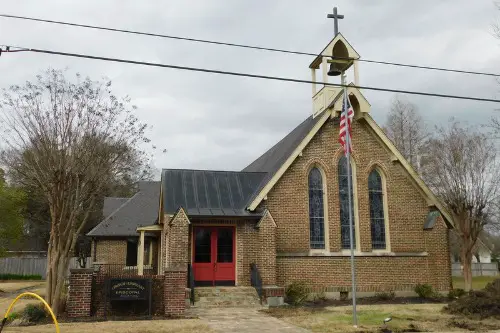
In the Bible Belt, religious values often shape public life, from school boards to business practices. Being openly Christian can be the default, and religious gatherings are major social hubs. In contrast, in cities like Seattle or Boston, religion tends to be more private—or even secular in tone. Spirituality might still be present, but it’s often divorced from formal religious institutions.
Some zip codes equate morality with religious observance, while others see morality as more humanistic or pluralistic. That means religious freedom can look like prayer in schools in one place and protection from religious influence in another. Both sides are invoking the same constitutional principle. But how it’s lived day-to-day is deeply place-based.
7. Respect for Authority
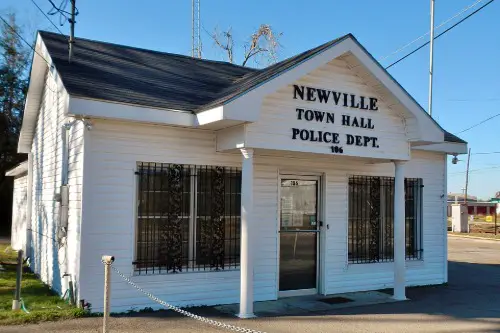
In small towns with tight-knit law enforcement or longstanding public officials, there’s often a deep trust in local authority figures. Police officers might be neighbors, and their actions are seen as protective rather than oppressive. In many urban areas, particularly those with histories of over-policing or systemic injustice, authority is more likely to be questioned or distrusted. That’s not about disrespect—it’s about lived experience.
What counts as “respect” also varies. Standing quietly for the national anthem might be expected in some regions, while peaceful protest during it might be a form of civic engagement in others. One side may see that as dishonorable; the other sees it as the highest form of patriotism. The conflict lies not in the value itself, but in how it’s interpreted.
8. Success

In affluent suburbs of Connecticut or California, success often means prestigious college degrees, six-figure jobs, and curated lifestyles. Social media is full of this version—#grind, #success, #riseandgrind. But in rural or working-class areas, success can mean having a steady job, a mortgage, and time for family. It’s more about stability than status.
Zip code often dictates access to opportunity, which shapes definitions of achievement. A high school diploma might be a big milestone in one community, while in another, it’s just the starting point. This difference isn’t about ambition—it’s about context. What people strive for is shaped by what’s available to them.
9. Community
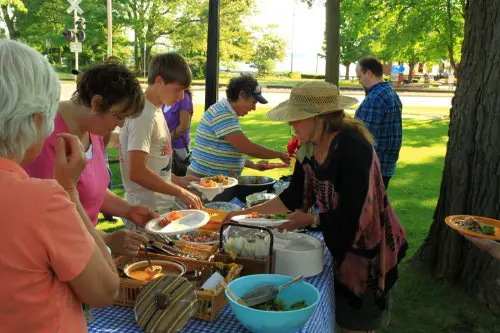
In some neighborhoods, community means everyone knowing your name, bringing over casseroles, and pitching in when someone’s barn burns down. That’s real in towns across the South and Midwest. In big cities, community might mean block associations, mutual aid networks, or showing up for strangers during a crisis. It’s still solidarity—just organized differently.
One version is rooted in long-term familiarity; the other in shared goals or values. Both types of community have strengths and weaknesses. Tight-knit towns can feel stifling; cities can feel isolating. But where you live shapes what kind of support you come to expect from those around you.
10. The American Dream
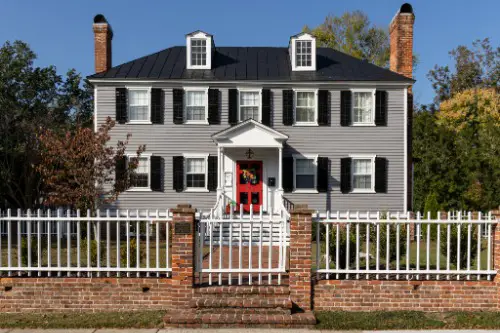
To some, the American Dream is still a house with a white picket fence and two cars in the garage. That’s especially true in suburban areas where space and homeownership are attainable goals. In urban centers, the dream might be about career freedom, entrepreneurship, or escaping generational poverty. Both dreams are about upward mobility, but they wear different outfits.
For immigrants, the dream might be simply safety and opportunity for their kids. For rural Americans, it might be holding onto land that’s been in the family for generations. In high-cost cities, it might be just being able to afford rent and have time to breathe. The dream is deeply tied to local realities.
11. Equality
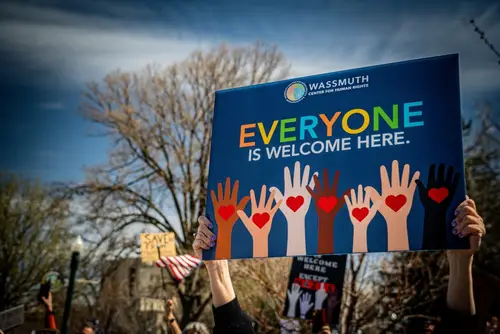
In progressive cities, equality often focuses on systemic change—reparations, gender parity, and expanding rights for marginalized groups. It’s a big-picture approach rooted in policy and activism. In more conservative areas, equality might mean equal treatment under the law, without special considerations or identity-based initiatives. There’s often skepticism about things like affirmative action or DEI programs.
Both are advocating for fairness—but from very different starting assumptions. That leads to major misunderstandings when these regions clash in national politics. One zip code’s justice reform is another’s overreach. The gap isn’t in values, but in definitions.
12. Independence
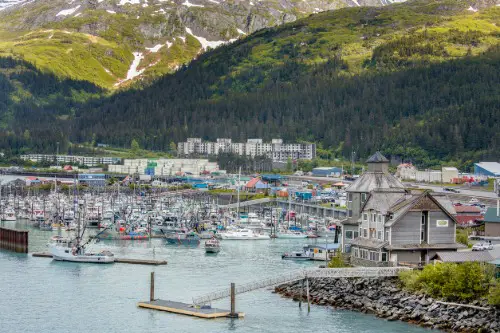
In Alaska or Montana, independence means living off the land, maybe even off-grid, and relying on yourself for everything from food to emergency care. That rugged, frontier-style freedom is still very real. In cities like D.C. or San Francisco, independence is more about personal autonomy—making your own choices, managing your schedule, and not being beholden to traditional roles. You might still rely on public systems, but your decisions are your own.
Cultural norms around independence vary wildly. Some places admire people who stay close to home; others admire those who leave and reinvent themselves. Independence might mean buying land or launching a startup. It all depends on which zip code you call home.
This post 12 “American Values” That Mean Something Totally Different Depending on Your Zip Code was first published on American Charm.


